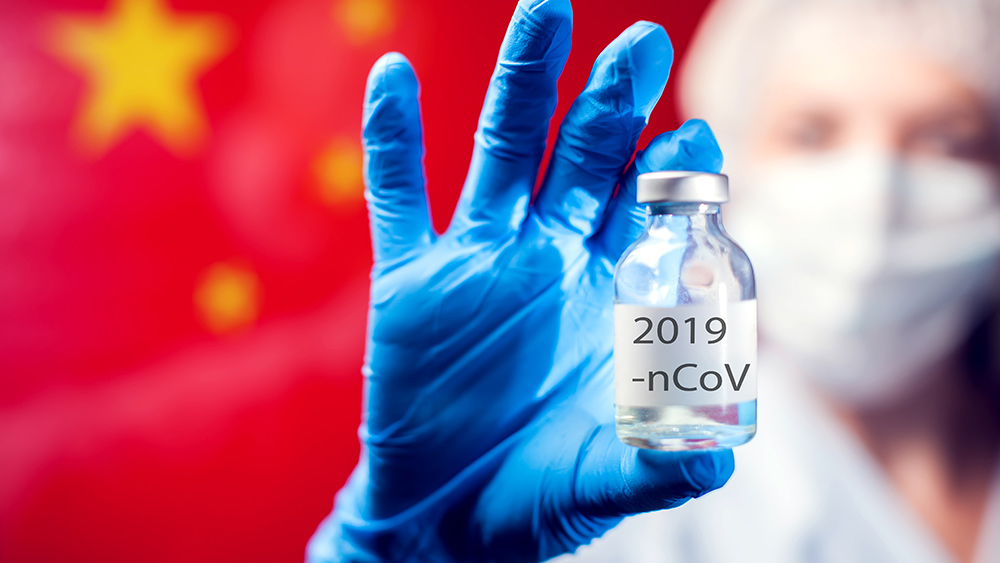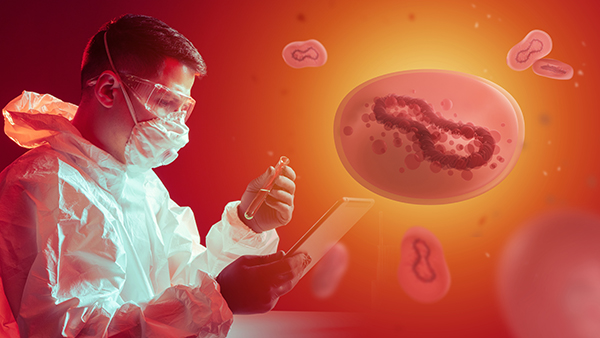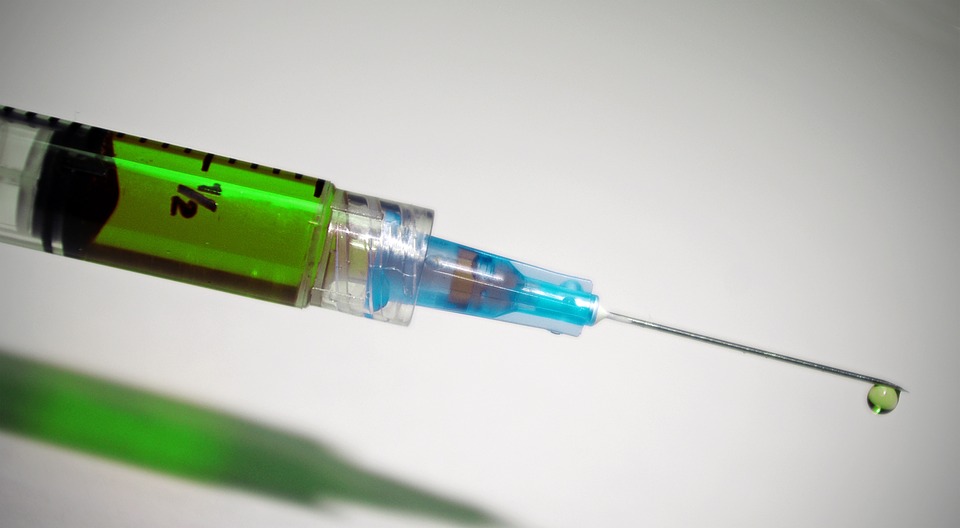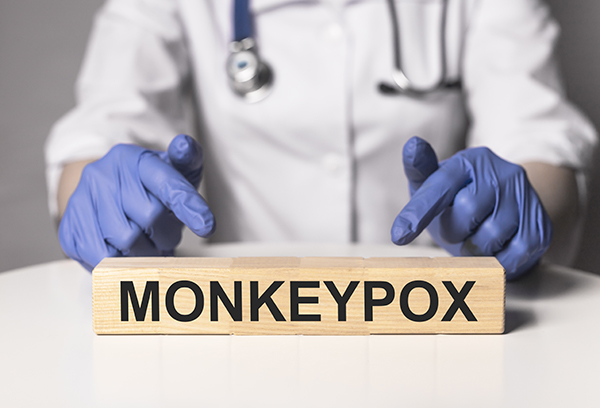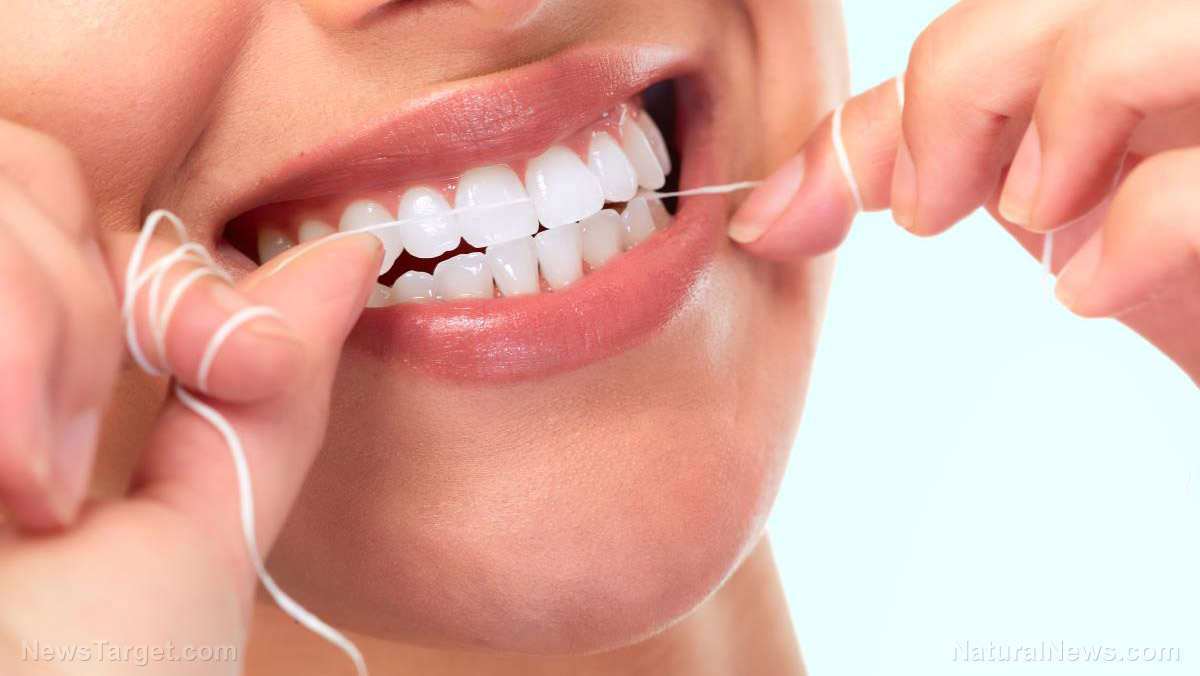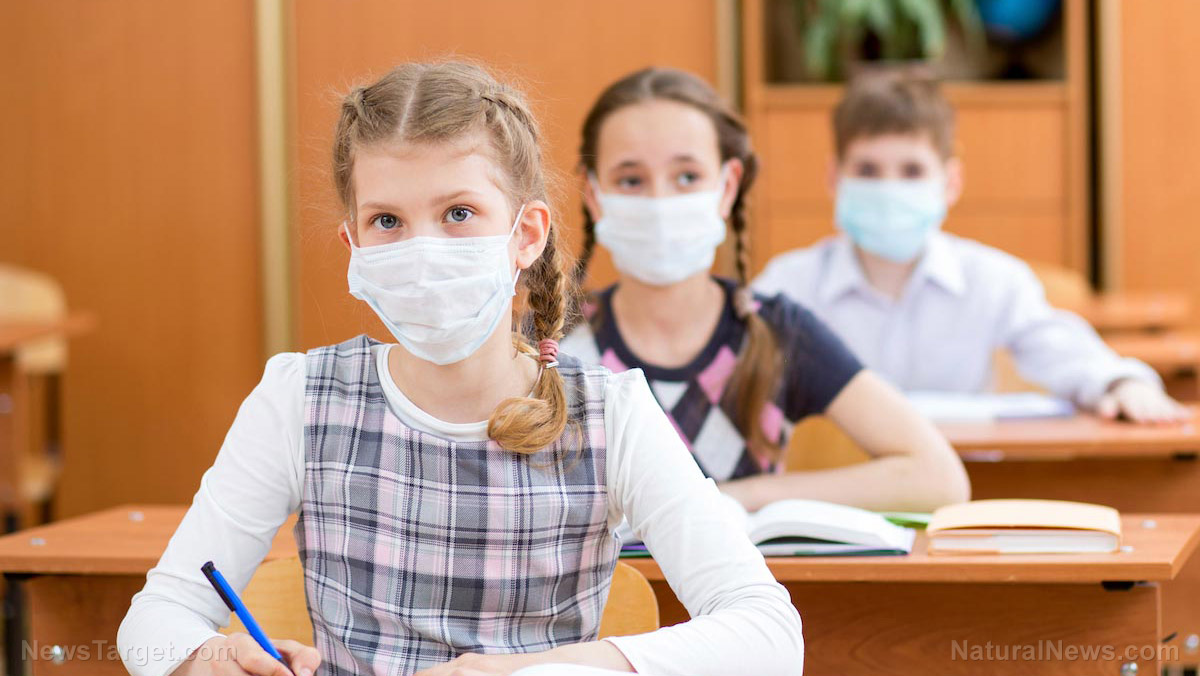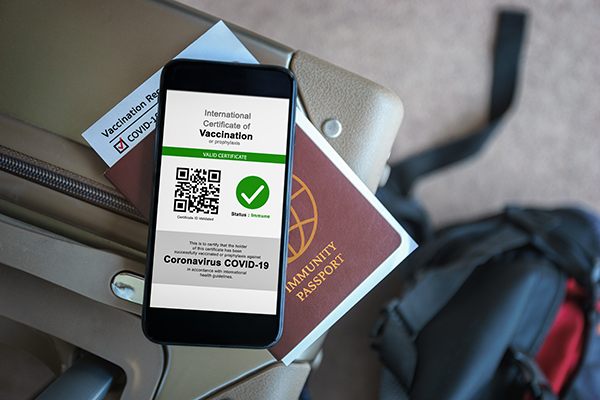Study: Ingredient in toothpaste and mouthwash linked to antibiotic resistance
06/03/2022 / By Zoey Sky
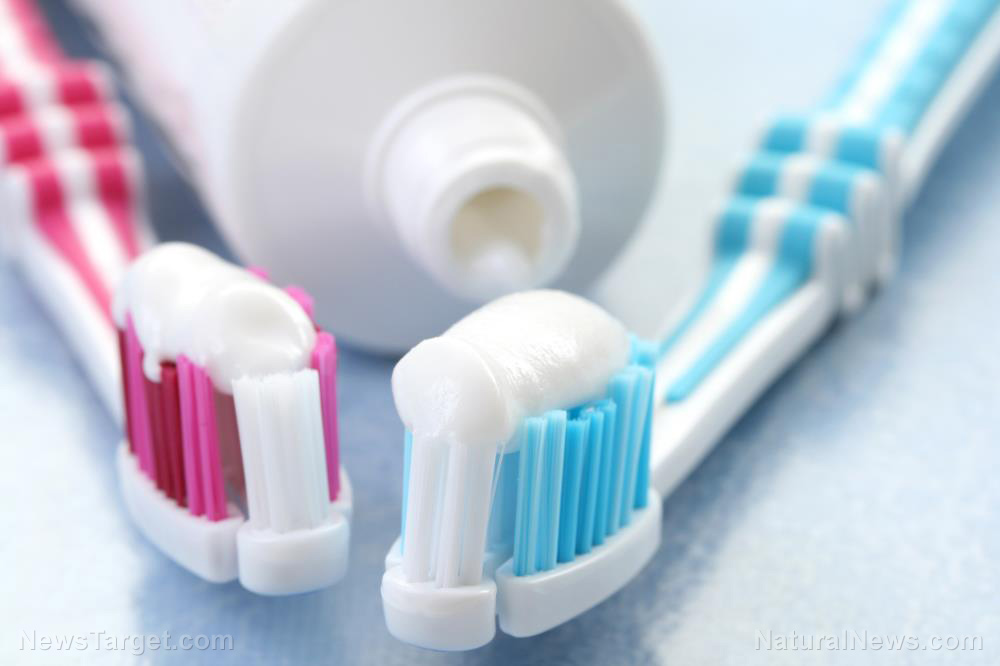
Maintaining your oral health is key to your overall well-being, but research suggests that the amount of triclosan in oral care products like toothpaste is linked to an increase in antibiotic-resistant bacteria.
This also ties into the debate concerning the use of antibacterial compounds in consumer products. These compounds could be creating dangerous antibiotic-resistant germs that could soon make treatable conditions untreatable.
According to data from recent studies, triclosan, an antimicrobial chemical used in toothpaste and mouthwash, may reduce the effectiveness of some antibiotic drugs. The chemical can also trigger gut inflammation.
Oral health, triclosan and antibiotic resistance
According to a study involving mice, certain gut microbial enzymes can trigger triclosan toxicity in the gut. Scientists who conducted the study explained that the action can cause damage to the colon and induce symptoms of colitis, a form of inflammatory bowel disease.
In a separate 2019 study in mice, data showed that triclosan in the bloodstream made bactericidal antibiotics significantly less effective. These antibiotics kill bacterial cells instead of just inhibiting their growth.
Petra Levin, a study co-author and professor of biology in arts and sciences at Washington University in St. Louis, explained that normally, one in a million cells survive antibiotics and a functioning immune system can control them. However, triclosan was shifting the number of cells.
“Instead of only one in a million bacteria surviving, one in 10 organisms survived after 20 hours. Now, the immune system is overwhelmed,” said Levin.
Triclosan created microbial resistance to a wide range of antibiotics. The most notable was ciprofloxacin (Cipro), which was often used to treat urinary tract infections (UTIs).
This is alarming because UTIs are both common among the general population and Cipro is a first-line treatment for the condition. On that note, more than seven in 10 adults in the U.S. have detectable levels of triclosan in their urine.
Researchers who conducted the 2019 study reported that there were 100 times more bacteria in mice treated for UTIs who drank water dosed with triclosan compared to those that weren’t exposed to the antibacterial compound.
Triclosan’s negative effects and continued use
This isn’t the first time that triclosan has been linked to antibiotic resistance.
Because of proof of triclosan’s potential negative effects, such as endocrine disruption, sperm count reduction and the creation of antibiotic “superbugs,” in 2016 the Food and Drug Administration (FDA) ordered companies to stop selling hand and bar soaps and body washes that contain the compound.
Surprisingly, the recommendation didn’t include toothpastes and mouthwashes, where triclosan use persists. (Related: Are you poisoning yourself with commercial toothpaste?)
In 2018, a representative of the FDA’s Division of Health Communications, Center for Drug Evaluation and Research, said that based on the scientific evidence, “the balance of benefit and risk was shown to be favorable for this product.”
According to a 2017 review article, triclosan has been linked to cancer development and decreased cardiovascular function in mice. Other studies in humans also suggest that triclosan exposure might have negative effects on fertility, fetal development and rates of asthma.
Preventing antibiotic resistance
Dr. Amesh A. Adalja, a senior scholar at Johns Hopkins Center for Health Security in Maryland, warned that antibiotic resistance is becoming a persistent problem.
Culturally, people often over-emphasize sterility, said Adalja. If you have plain soap and water, you don’t need antibacterial soaps since the former are just as effective without the risk of promoting antibiotic-resistant bacteria.
Over-sterile environments can even take a toll on people, like an increased risk of allergies. Additionally, antibiotics aren’t just used to treat existing infections, but also to prevent infection.
For example, those people receiving organ transplants and routine surgery are often administered antibiotics prophylactically.
Dr. Aaron Glatt, a spokesperson for the Infectious Diseases Society of America and chairman of South Nassau Communities Hospital in New York, warned that things are starting to look bleak. Previously, quinolone antibiotics used to be effective at treating community-acquired pneumonia, but according to studies antibiotic resistance has made them largely ineffective.
Don’t use toothpaste, mouthwash and other products that contain triclosan to avoid its many adverse effects.
Visit HolisticDentistry.news to learn how to maintain oral health with safe and natural products.
Watch the video below to know more about using coconut oil for oral detox.
This video is from the Vibrant Energy Channel channel on Brighteon.com.
More related stories:
Can betel leaves be used in commercial toothpaste?
3 DIY toothpaste recipes for optimal oral health and hygiene.
Looking for a natural mouthwash? These medicinal plants have you covered.
Sources include:
Submit a correction >>
Tagged Under:
antibiotic resistance, Antimicrobial, discoveries, FDA, ingredients, mouthwash, oral health, products, research, superbugs, toothpaste, toxic chemicals, triclosan
This article may contain statements that reflect the opinion of the author

